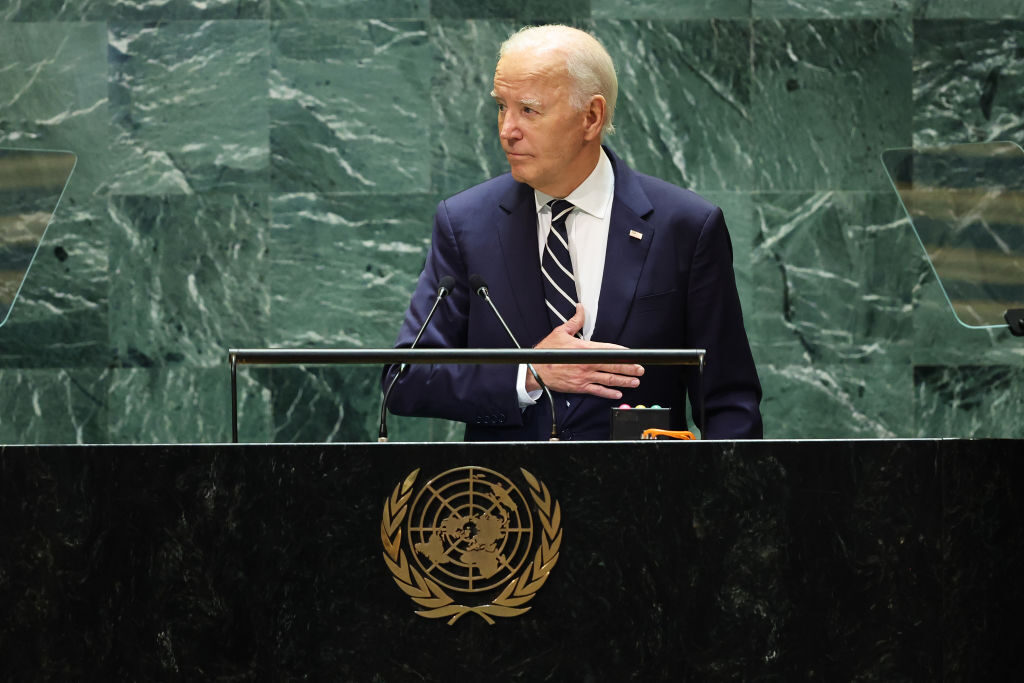THE NATION
United Nations Children’s Fund (UNICEF) has called on the government at all levels to improve its funding for the health sector to address the financial gap in immunisation and reduce zero-dose children.
The UNICEF Social Behaviour Change Communication Specialist, Aderonke Akinola-Akinwole, gave the charge on Wednesday, September 25, in Lagos during a 2-day media dialogue on routine immunization organised by the agency in collaboration with the Lagos State Primary Healthcare Board.
Akinola-Akinwole who emphasised the importance of immunisation in saving millions of lives, stressed the need for the governments to intensify their efforts toward achieving universal immunization coverage.
She lamented that 2.3 million children had yet to receive vaccines in Nigeria, noting that low uptake of immunization was fueling the child mortality rate in the country.
Akinola-Akinwole disclosed that the spread of rumours about routine immunization, limited access to healthcare facilities, inadequate funding, and cultural barriers were the challenges hampering universal immunization in the country.
The Chief UNICEF Field Office for the Southwest, Celine Lafoucriere, said the agency was committed to supporting Nigeria’s healthcare system in reducing zero-dose children as well as improving immunization coverage.
Lafoucriere who lamented that 2.3million Nigerian children predominantly in the marginalized areas were unvaccinated, said that there was a need for concerted efforts among stakeholders to enhance routine immunization and reduce zero-dose children.
She added that UNICEF in partnership with the government had prioritised 100 local governments across 18 states with the highest concentration of zero-dose children in increasing the immunization uptake.
Lafoucriere solicited the support of media organizations to raise awareness about the importance of vaccines, address the misconception as well as encourage vaccines through their reportage.
She said: “Your own influence is very important. You can catalyse actions, and help dispel rumors and misinformation about vaccines.
“By working collectively, we can build a resilient health system that is capable of reaching each and every child leaving no one behind. No matter where they live, we must ensure that no child in Nigeria suffers from preventable diseases”, she added.
The Assistant Immunisation Programme Officer, Lagos State Primary Health Care Board, Adeniji Abebayo emphasised on the urgent need for every child to be fully immunised.
He expressed the readiness of the Lagos State to vaccinate a total of 21 million residents representing 85% of the state population from nine to 44 years against Yellow fever.


